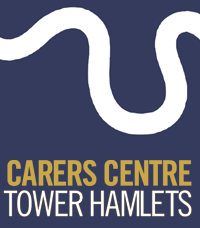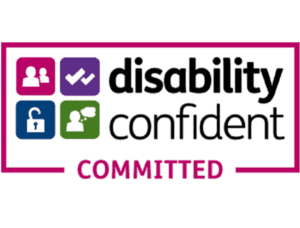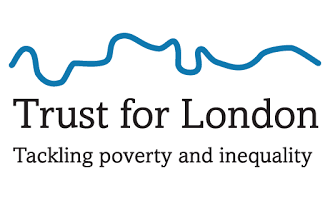Hello Everyone

So highlights for this and next week….
CREATE – Sculpture Course – Monday’s 11am to 1pm – there are still some places left
Following on from the great success of the pottery course we are now offering carers a course on Sculpture. Each week as a group you will learn different sculpturing techniques, learn to make decorative pieces and most importantly have some mental respite by using your hands and of course the obligatory fun. Carers have reported they love the hands-on sessions and want more and more….
Arts, Crafts & Conversation – Thursdays at 11am to 1pm
This group is for carers to come and learn a craft, develop a hobby, and have some free time, you will get to have fun with other carers, this group is also a peer support group and recognises the mental health needs of carers, carers of people with a mental health issue, you can also bring the person you care for. Materials will be supplied, refreshments and fun.
Thursday 17th February 11am to 1pm
This week will be a combined group with Arts, Crafts & Conversation, Five ways to Wellbeing and our WeConnect Hub and the session will consist of a wellbeing activity using theatre techniques to maintain better health. Followed by a creative craft session so come and join in.
Carers Mental Health Programme/ Assertiveness Part 2: Skills practise & scenarios practise Thursday 17th February @ 2pm to 3.15pm – Carers Centre
Information on assertiveness is the first half of the equation, the second is putting it into practise. This session will go through various scenarios we may be faced with in a caring role, and we will look at how to be assertive in such a situation. These monthly workshops are in partnership and delivered by ELFT Talking Therapies.
Walking Thursdays 1pm to 2pm
Did you know the health benefits of walking are …
increased cardiovascular and pulmonary (heart and lung) fitness. reduced risk of heart disease and stroke. improved management of conditions such as hypertension (high blood pressure), high cholesterol, joint and muscular pain or stiffness, and diabetes. stronger bones and improved balance.
Come and join the group and have some fun.
This Weeks Activities
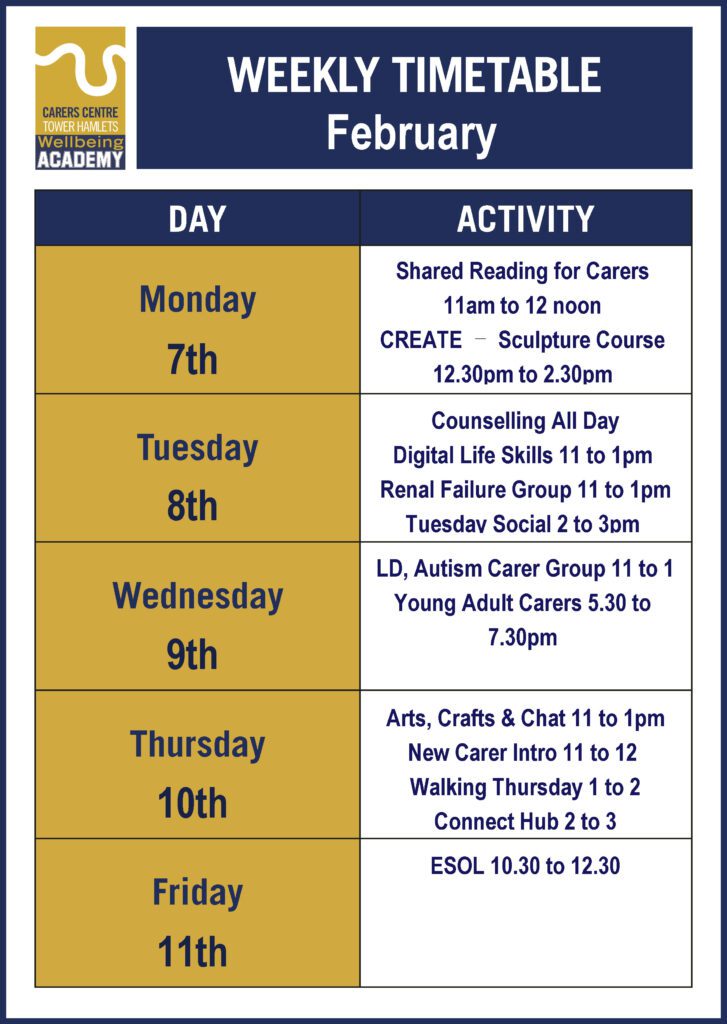

REMINDER – YOU CAN CHECK THE CCTH CALENDAR –
If you want to know what activities are on each day at the centre then check out the CCTH Calendar – https://ccth.org.uk/new/calendar/?cid=mc-03c4653fb809aa02e303ae7a3bb5520a&month=9&yr=2021
Then email me tony@cth.org.uk to book your place.
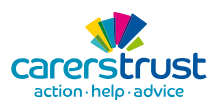
The Carers Trust today issued a significant survey on how Carers are coping with their caring role – please see attached.
Survey findings
While stark, none of the findings are surprising. Unpaid carers overwhelmingly feel their needs have been ignored by successive governments for a long time. And it’s clear from what unpaid carers said in the survey that their caring role is driving many of them into financial hardship, as well as having a negative impact on their physical and mental wellbeing.
Here are some of the headline findings:
- 91% of unpaid family carers feel ignored by the Government
- Almost nine out of ten (86%) unpaid carers either agree, or agree strongly, that successive governments have ignored the needs of unpaid carers for a long time
- 84% of survey respondents disagreed, or disagreed strongly, with the statement ‘I have confidence in the Government’s ability to improve the lives of unpaid carers
- 49% of survey respondents said they’d had to use their personal savings because of their caring role
- 51% of survey respondents said they’d had to give up on hobbies or personal interests because of their caring role.
And here are just a few of the responses we received to a question asking respondents if they felt unpaid carers received enough support from the government.
“The lack of financial support puts a ridiculous amount of stress on the family, when life is stressful enough as it is. We may end up having to sell our family home.”
“I feel incredibly trapped, isolated and alone. I have severe mental health issues of my own to deal with and virtually no support for myself. I have no friends or family which can help as they don’t live locally and the mental health services and respite services in my area are beyond dire. My husband gets incredible medical support for his condition, yet I’m expected to provide 24-hour care 365 days a year alone.”
“I am on my knees. I can’t function exhausted and feel ill all the time.”
“No longer able to work. Putting strain on marriage. Do little for my own enjoyment. Occasional suicidal thoughts.”
“Hopeless. Constantly stressed and exhausted trying to balance full time work and caring responsibilities, and honestly buckling (mentally) under the emotional blackmail (guilt-tripping) of the elderly parent I care for.”
The survey makes sobering reading with many of the issues and sentiments chiming with what we are seeing amongst the carers community here in Tower Hamlets.
Many of the stats in the report we can use to highlight the need for our service.
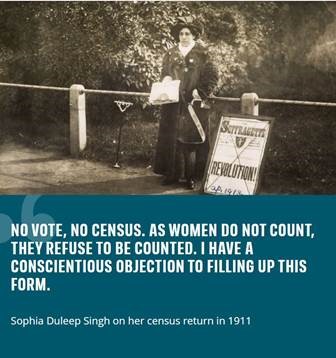
Invitation: Community Access Scheme online talk
‘Suffragettes at the palaces’
Thursday 24 February, 13:00-14:00
Microsoft Teams: Click here to join the talk
Join curator Polly Putnam for this talk about suffragettes who lived and stood up for women’s rights at the palaces.
This talk is inspired by International Women’s Day (8 March 2022), a global day celebrating the social, economic, cultural and political achievements of women.
Please contact Kim if you have any queries: kim.klug@hrp.org.uk
Historic Royal Palaces is a registered charity (No 1068852), correspondence details, Hampton Court Palace, Surrey KT8 9AU Historic Royal Palaces Enterprises Ltd, a company registered in England (No 3418583) registered office Hampton Court Palace, Surrey KT8 9AU.

New vaccine centre at Raines House
As part of ongoing efforts to support Covid-19 vaccination, we’ve worked together with our partners to make one of the borough’s community hubs, Raines House, a new vaccination site.
Raines House in Wapping is an important addition to the already significant vaccine offering in the borough and can currently vaccinate anyone aged 16 and over.
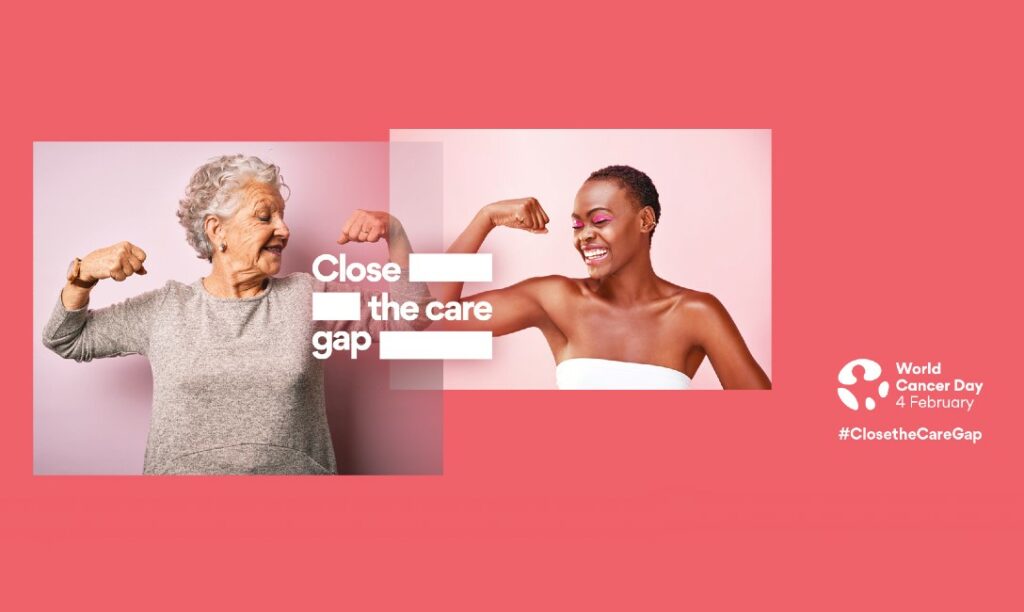
New cancer services launch in Tower Hamlets
Friday 4 February is World Cancer Day and we support its message in ensuring everyone has access to life-saving diagnosis, treatment and care – no matter where you live, your income, your ethnicity or gender.
Two new services have been launched under the Tower Hamlets Macmillan Local Authority Partnership Programme to improve personalised care and support for people affected by cancer. These new services will enable care closer to home, better transition support, joint assessment and care planning, and improved experiences and outcomes for both cancer patients and their carers.
Read more >
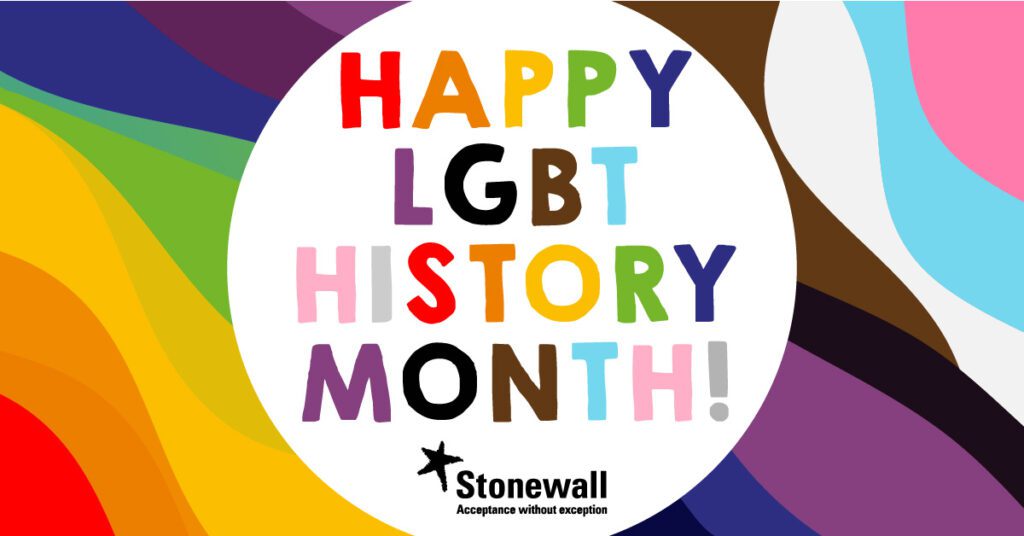
Actors for Human Rights: This Is Who I Am
Wed, 16 February 2022
18:30 – 21:00
St. Margarets House, E2 9PL
For LGBT+ History month 2022 St. Margaret’s House are hosting an evening of queer refugee and migrant wellbeing, creativity and activism by ice&fire theatre, Micro Rainbow International and Lesbians and Gays Support the Migrants. Expect workshops (join in some yoga, placard making, asylum mapping workshop or maybe even some dancing…), a rehearsed reading and Q&A panel discussion.
Schedule
6.30: Doors open (refreshments available)
6.45 – 7.30: Workshops (45 mins)
7.30 – 8.15: This Is Who I Am reading (45 mins)
8.15 – 9pm: Q&A panel discussion (45 mins
| CLICK HERE to book tickets |
Poplar’s ‘Female Husband’: Sources at Tower Hamlets Archives
Wednesday 23 February,
5.30pm-7pm
FREE
Online via zoom
Room opens 5.30 for a 5.45pm start
A queer scandal which took place in 18th century Poplar has become world famous in LGBTQ+ history. But did you know that the local borough archive holds unique records which provide tangible evidence of the East End’s oldest queer pioneer?
Join Tower Hamlets Heritage Manager Tamsin Bookey in conversation with Francis Ray White and Ceara Holness-Crone to explore the story of James Howe, an upstanding local citizen who was exposed by blackmailers to have been born Mary East.
| CLICK HERE for more information |
ELOP’s LGBT+ Groups
Join our fun, friendly and non-judgemental safe space to meet new people and discuss LGBT+ topics!
LGBT+ Over 50 Social Group
Every Monday 1.00 – 2.30pm, online
LGBT+ Social Support Group
Every Tuesday 7.00 – 8.30pm, online
LGBT History Month Topics:
(LGBT) Gays the Word – Creating and sharing our personal stories for LGBT History Month
Valentine’s Survival Guide – Sharing tips for surviving valentine’s for LGBT single’s / couples
Art & Politics in LGBT British History – Discuss and share our favourite art/artists and figures that influence LGBT British History / our favourite LGBT icons and allies from around the world
Queer Museum: What artefacts would you like to see displayed in the museum? – Discuss your ideas and share any artefacts that you would share in the museum.
| CLICK HERE to register |
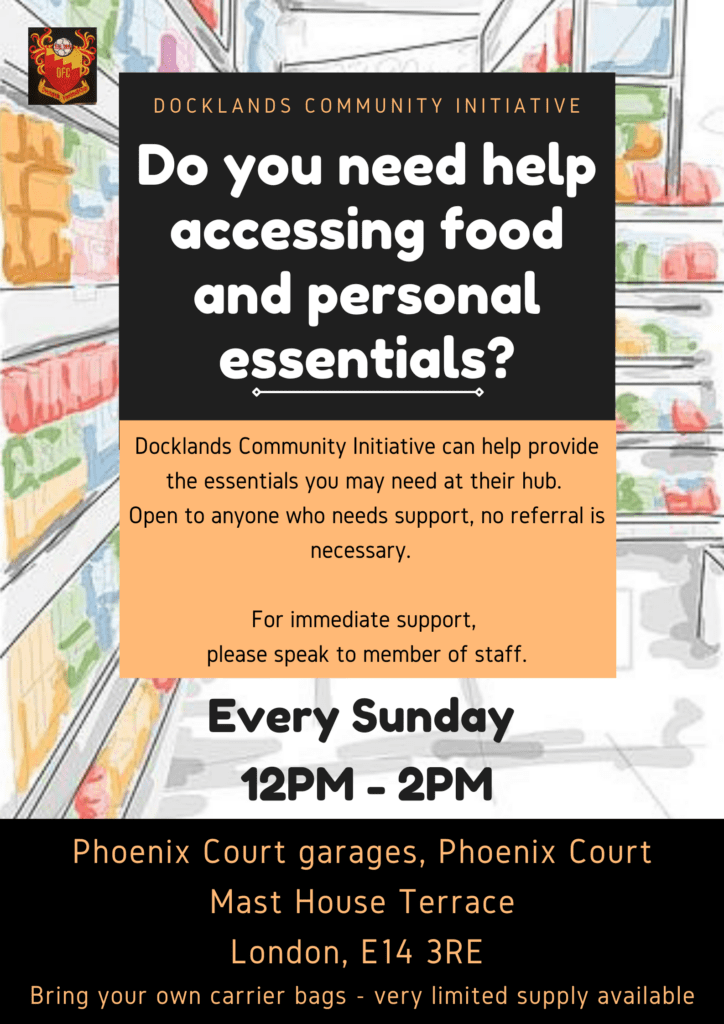

There’s still time to apply for paid work experience
Our Kickstart scheme has successfully provided job opportunities to young people across the borough giving them six months paid work experience to improve their chances of finding a permanent job.
We still have 200 vacancies remaining with the scheme closing on Monday 28 February.
Find a role >

Check out a new free course that has just been launched that focuses on carer wellbeing. It is called ‘Physical activity for health and wellbeing in the caring role’ and has been kindly endorsed by the Carers Trust. The course is 6 hours in length and learners can achieve a ‘badge’ on completion of the end quiz, and this can be added on a CV to evidence their learning/continuous professional development. We hope that it will be helpful to those working with carers, including carer centre staff, those supporting carers less formally and importantly carers themselves!
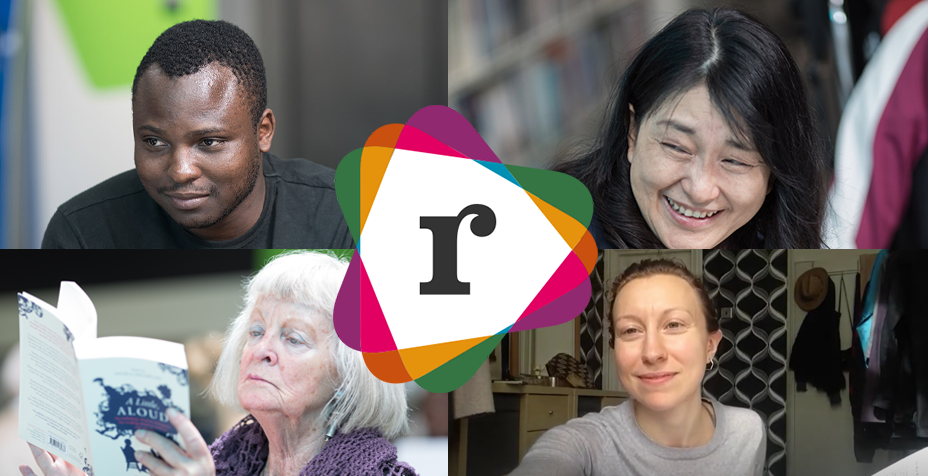
Did You Know we have a weekly Shared Reading Group?
How does it work?
A group of carers, one of them a trained Reader Leader, reads a great novel, short story or poem aloud. We stop and talk about what we have read. There is no need for carers to read aloud or speak – it’s fine to just listen. The idea is to create a space where people feel at ease.
Reading the literature aloud in real-time, means that everyone is involved in a shared, live experience. Carers are encouraged by the Reader Leader to respond personally, sharing feelings, thoughts and memories provoked by the reading.
Everyone experiences the text in their own way, but the literature provides a shared language that can help us to understand ourselves – and others – better.
It can even help with your ESOL needs.
If this is for you then email tony@ccth.org.uk
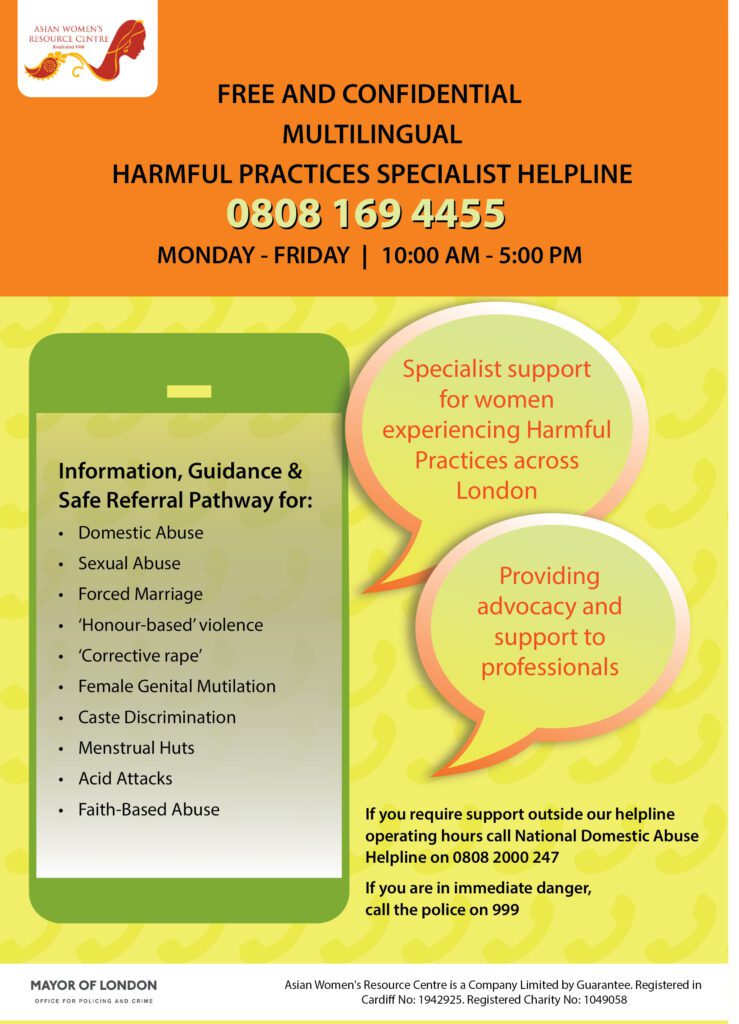
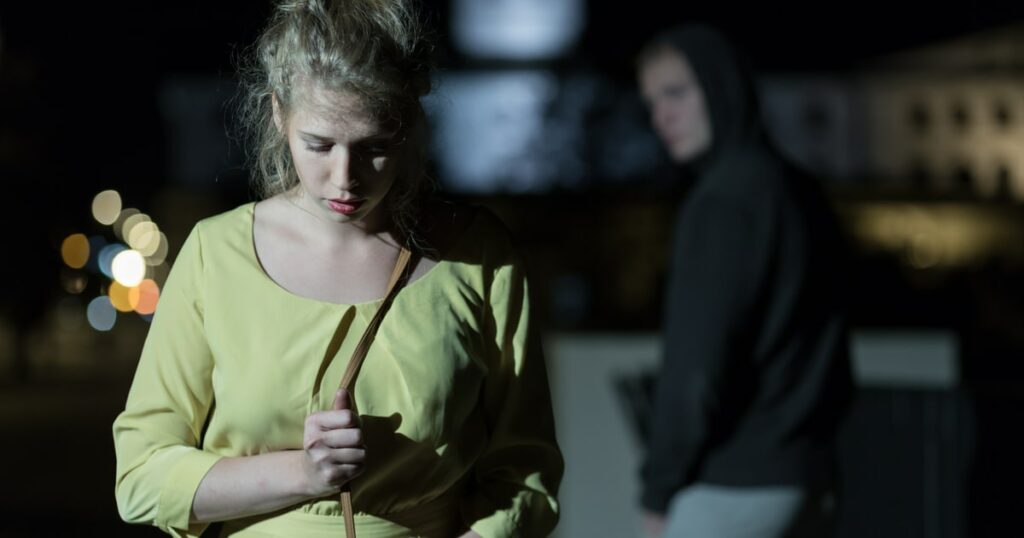
WALKING ALONE? REMEMBER THESE 10 TIPS
1) Plan Your Route
Make sure you plan your route ahead of time. If you are walking in an area you are not familiar with, this can help keep you from getting lost. You will be able to walk with confidence. If you do get lost, don’t wander aimlessly, find a gas station, supermarket, or fast-food restaurant where you can ask for directions.
2) Make Sure Someone Else Knows Your Plans
Don’t go out when it is dark without telling someone, even if you are just taking the dogs out for a walk around your neighbourhood or walking home from a friend’s house nearby. It may seem paranoid, but in fact, knowing someone knows where you are can be reassuring and help you feel safe. If you fall and hurt yourself or run into trouble, and someone knows where you are, they can send help if you don’t arrive at your destination on time.
3) Always Carry Your Phone with You
Always carry your phone, but not for music or to make social calls as your walk. Your phone can be a lifeline if you see something suspicious or worse if something happens to you. Download a safety app on your phone, so you’ll be able to discreetly alert the authorities if you feel threatened or see something suspicious.
4) Avoid Suspicious People and Areas
Areas that are dark, deserted, or out-of-the-way, such as an alley or a parking lot, can be riskier than a well-lit area full of people. Stick to busy, lighted paths, to minimize the risks. Also, walk mainly in familiar places where you are known. That way, if you feel like a suspicious person is following you, you can always duck into a store you know or knock on a neighbour’s door. Avoid empty streets and pathways with thick shrubbery.
5) Keep Your Hands Free
Except for a flashlight and one of the items discussed below, keep your hands free. If you are carrying anything, put it all in one bag or backpack. This will make it easier for you to react if you notice someone following you. In a dangerous situation, carrying too many bags can keep you from moving as quickly as you can if your hands are free or if you only have one bag.
6) Carry a Non-Violent Deterrent
In addition to a flashlight, carry a non-violent deterrent such as a whistle, mace, or pepper spray. A whistle will help you alert others and call them to aid you if something is wrong. The loud noise may put off attackers, and they’ll move on to find someone else. Mace or pepper spray can give you enough time to evade a potential attacker, and in a pinch, a flashlight can be used as a weapon. Make sure you know how to use the mace or pepper spray to get its full effect.
7) Wear Reflective Clothing to Prevent Accidents
When it comes to personal safety, it’s not just about suspicious people. Areas with low visibility can be prone to accidents. Reflective clothing allows bikers and cars to see you as you walk along. A flashlight or headlight can also help drivers see you if there are dark stretches of road on your route.
8) Take a Self-Defence Class
When fighting off something as an assault, the element of surprise can work in your favour. If you regularly walk alone, take a self-defence class. You don’t have to become a black belt. In fact, it’s probably better to learn something like Krav Maga, which has been popular for self-defence. The idea is to disable your attacker enough for you to get to safety, and a class focused on self-defence will help give you those survival skills.
9) Remove Any Distractions
Keep your phone in your hand in case you need to hit the panic button on your safety app, but don’t let it distract you. When walking alone at night for exercise, music can be motivating and energizing but also distracting. You may not hear someone driving or walking up behind you. Avoid wearing headphones or talking on your phone as you walk.
10) Trust Your Gut
When walking alone at night, trust your gut. If you feel like an area or situation may be dangerous, don’t wait around to find out. Stop and scan your surroundings if you think someone is following you. If you are being followed, walk as quickly as you can to a well-lit public place. You can wait until you feel safe, or call a friend, a taxi, or an Uber to help you get safely get home at night.
Following these personal safety tips will help keep you stay safe when walking alone. Always be aware of where you are and alert to suspicious activity.

REMINDER TO CARERS
If you still need PPE for you and your loved one then Tower Hamlets are still providing PPE for Carers.
Collection and delivery is on Wednesday only from Mulberry Place, 5 Clove Crescent, E14 2BG. Carers can call or email Ayeda directly 0n 07366977103 or ayeda@ccth.org.uk to order.

Important Numbers:
Domestic Violence Duty Line: 020 7364 4986 between 9am – 5pm.Victim Support: 020 7364 2448/7957
Just wishing everyone a peaceful, safe and week and remember if you need information and advice from the Carers Centre just email enquiries@ccth.org.uk
Tony Collins-Moore
Carers Academy Manager

Opening hours
Monday - Friday – 9.30am – 5pm
Saturday and Sunday – Closed
